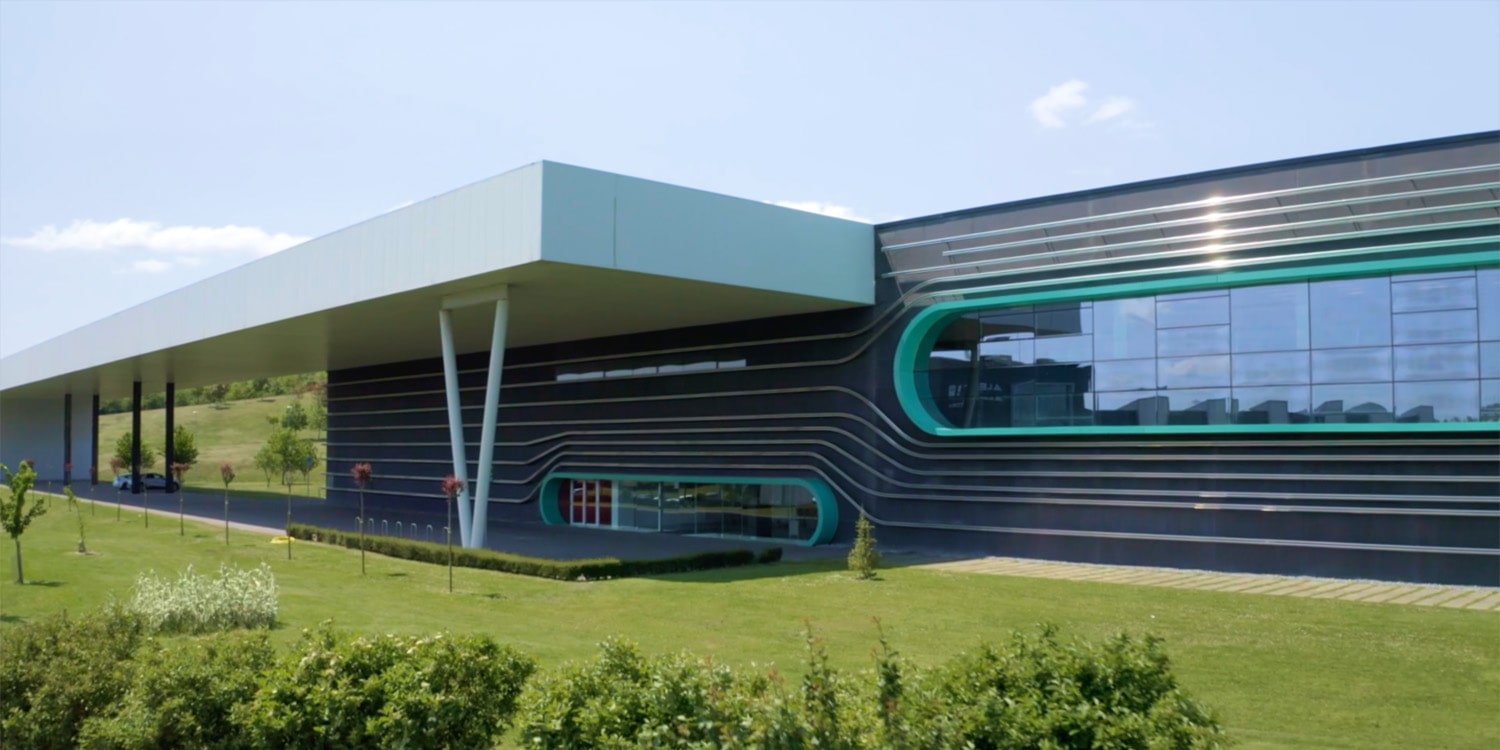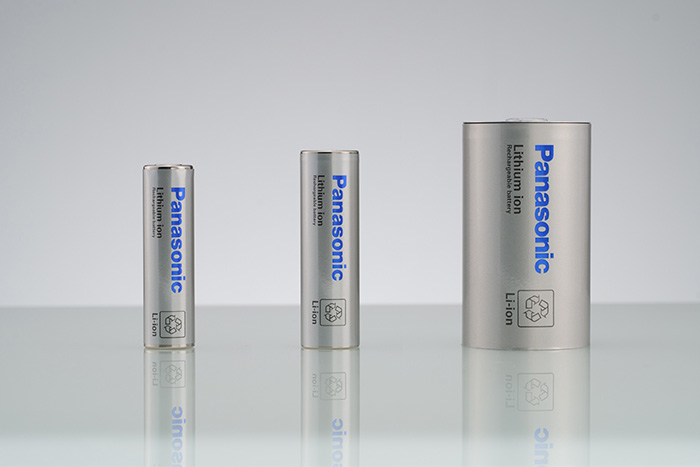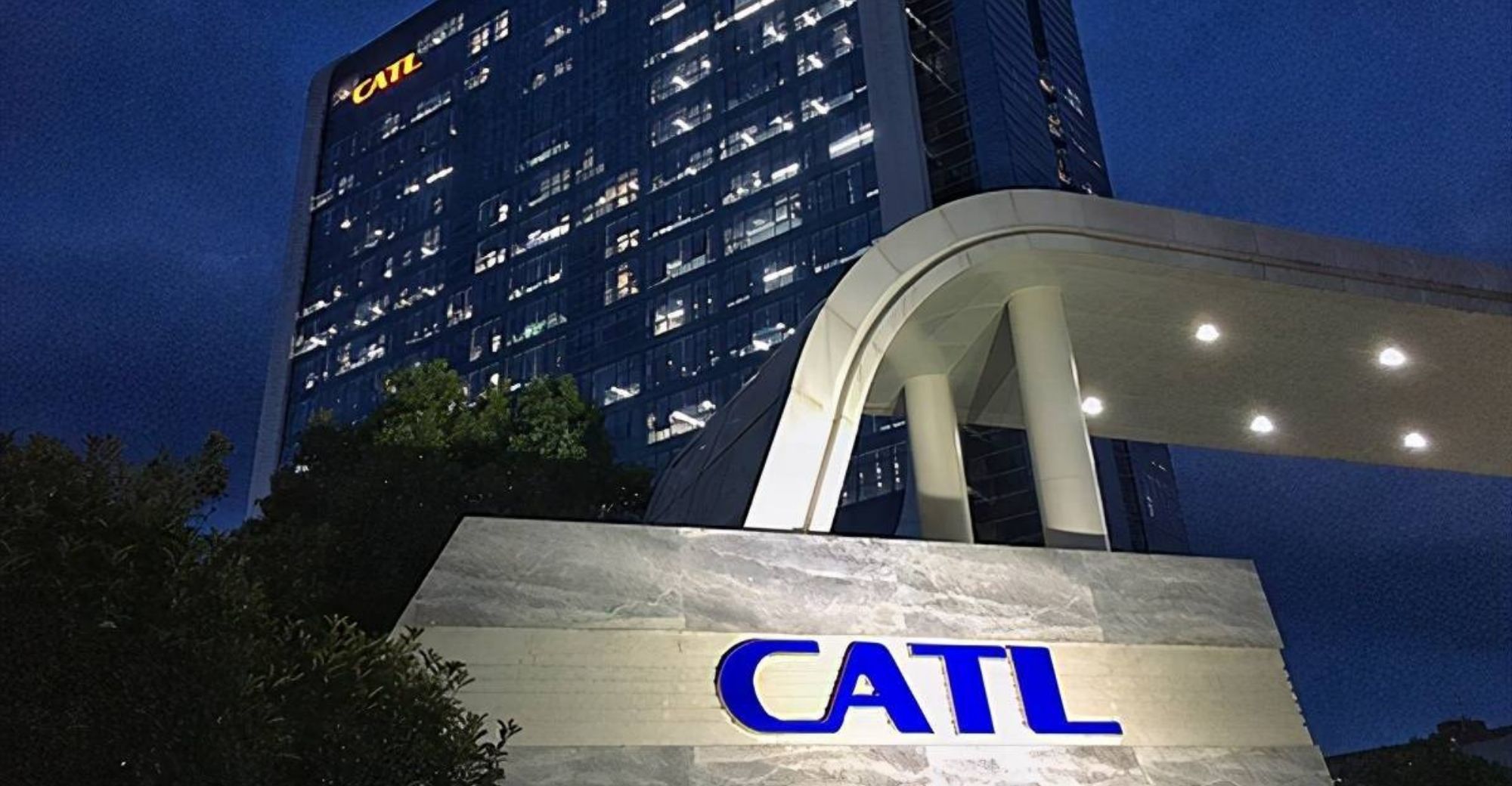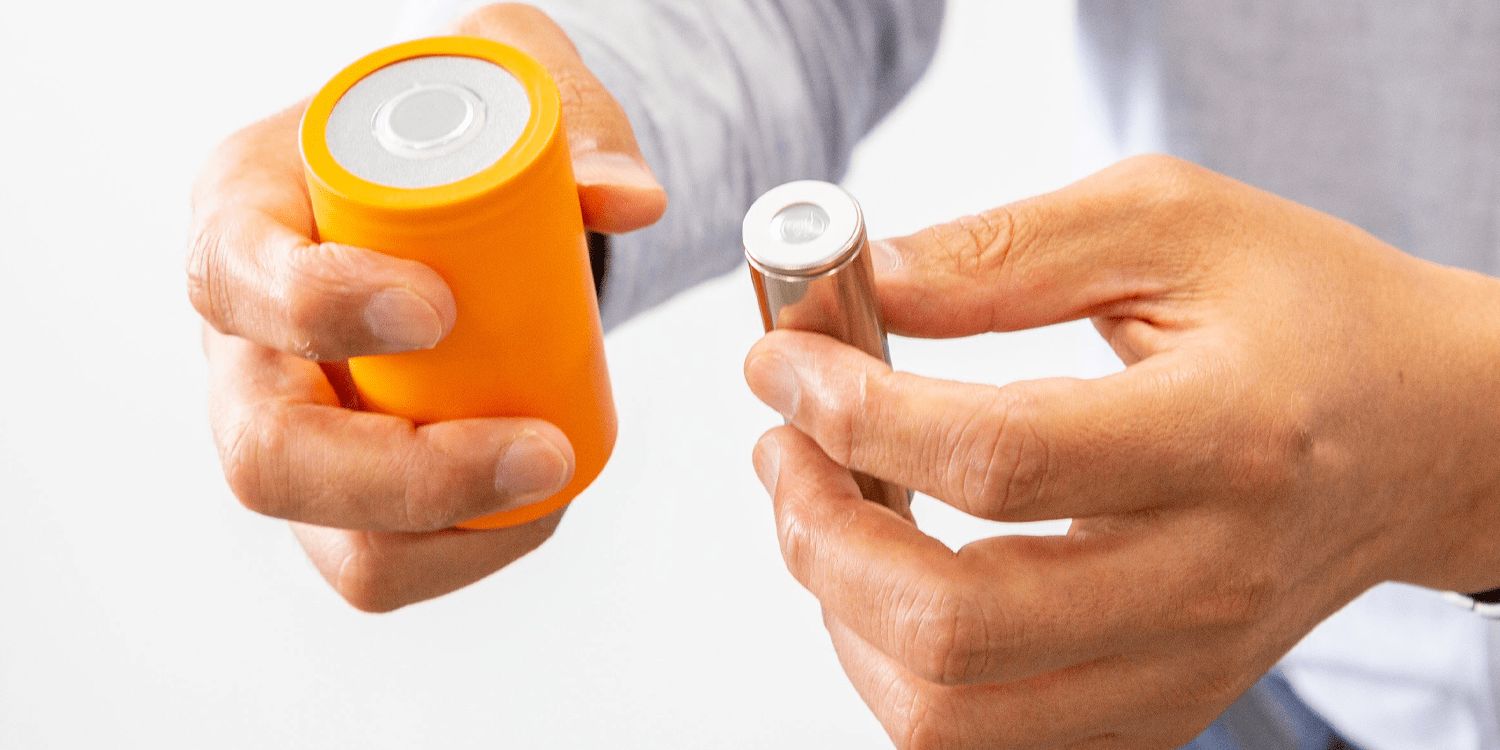Europe’s ambition to become a leading force in global battery production is under threat due to various challenges, including limited access to raw materials, increasing costs, and intense competition, according to a report released by the European Court of Auditors (ECA) on Monday.
The report emphasized that the European Union’s (EU) efforts to achieve its climate goals heavily rely on the widespread adoption of electric vehicles (EVs), which in turn depend on batteries containing a mix of essential metals such as cobalt, nickel, and lithium.
The ECA, an independent external auditor of the EU, revealed that nearly one in every five new cars registered in the EU in 2021 was equipped with an electrical plug. However, as the demand for EVs is expected to surge, with an estimated 30 million zero-emission vehicles projected to populate European roads by 2030 and the planned prohibition of new petrol and diesel cars by 2035, the EU has not adequately accounted for its ability to meet the growing battery demand.
“The EU aspires to become a global battery powerhouse to ensure its economic sovereignty, but will it succeed? The odds are not looking good,” expressed Annemie Turtelboom, the leader of the ECA audit, during a press briefing.
Turtelboom further highlighted the potential risks, stating, “We are facing the risk that either the EU will miss its emissions goals for 2035 or that it will reach this target through imported batteries…which would harm European industry and come at very high prices from third countries.”
The report drew attention to the EU’s heavy reliance on a limited number of countries for the supply of raw materials, which poses geopolitical risks and could lead to shortages. On average, the EU depends on imports for 78% of five crucial materials.
“The EU must not end up in the same dependent position with batteries as it did with natural gas from Russia,” cautioned Turtelboom, emphasizing the need for diversified sources.
Notably, the extraction of raw materials within Europe itself is expected to be a time-consuming process. Portugal, which holds the largest lithium reserves in the EU, does not anticipate commencing production until 2026.
Moreover, the ECA report highlighted that the EU currently lacks cost competitiveness, partly due to high energy prices. It also criticized the outdated and incomplete data provided by the EU Commission and the lack of coordination in public funding, leading to inefficiencies and overlaps.
To overcome these hurdles and secure Europe’s position in the global battery market, the report suggested that the EU needs a comprehensive strategy encompassing diversified supply chains, increased investment in domestic production, and enhanced coordination among member states.
As the EU endeavors to transition towards a sustainable future, its ability to navigate the challenges of battery production will play a crucial role in achieving its climate ambitions while safeguarding economic interests.







